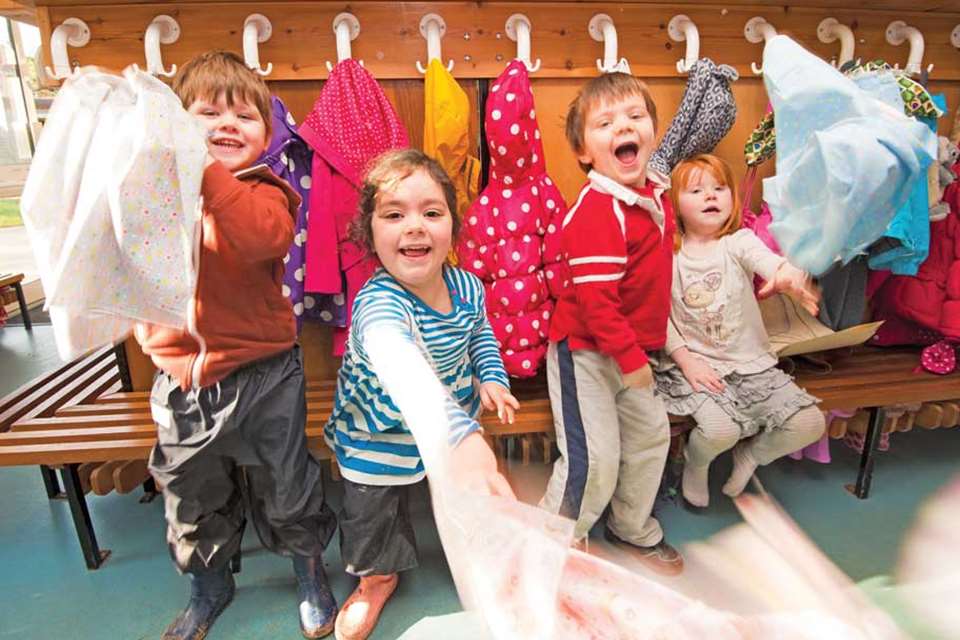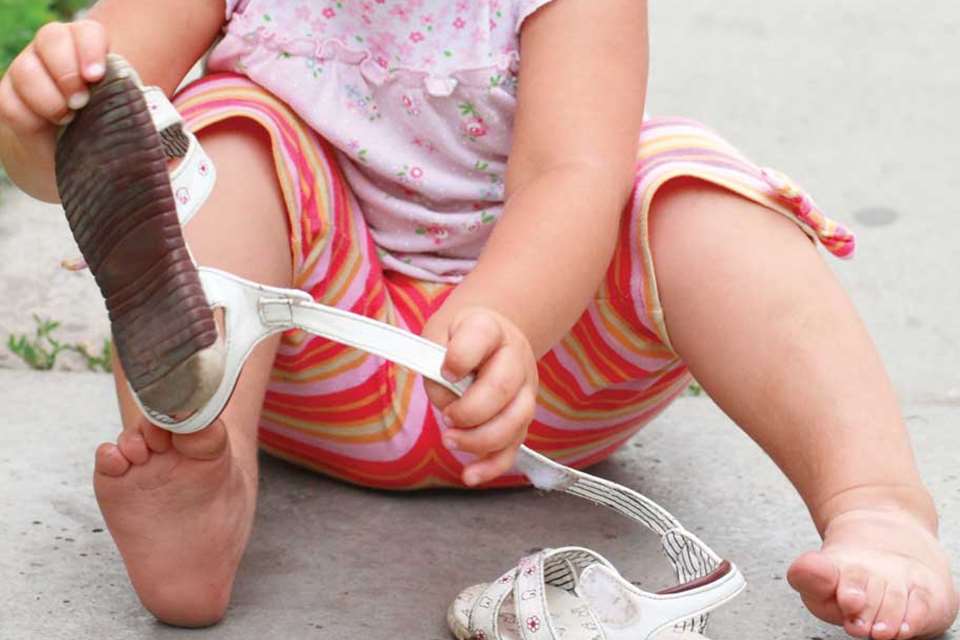Home Learning Practitioners: How to count
Penny Tassoni
Monday, April 7, 2014
Giving parents step-by-step information about how the concept of number is developed can encourage them to support their children to count at home. Penny Tassoni explains.

Counting is one of the first steps in children's mathematical journey. It requires plenty of practice in a range of contexts, so it is a good example of an area of development where parents can play an important role.
A good starting point when looking at how we might support parents to help their child at home with counting is to recognise that many parents may have ambivalent feelings towards mathematics.
On one hand, they may be very keen for their children to get off to a flying start, while on the other hand they may be under the common misconception that mathematics is something that you are either born being able to do or not. The latter probably stems from parents' own fears and difficulties with mathematics.
Sadly, the UK has not always been strong at teaching mathematics and so there are many adults who are not as confident as perhaps they should be. This, in turn, can lead parents down a path of trying out inappropriate activities with children or buying unnecessary resources. The good news is that with a little information many parents will easily be able to support their children at home and make a real difference.
STEP BY STEP
One of the most important ways that we can help parents is by giving them step-by-step information about how children develop the concept of number. Counting is obviously one of these key steps, followed by counting while touching items, and thus associating numbers with counting words. This is important because many parents feel that once their child can chant numbers fluently they can be moved straight on to calculations. Early years settings can use display boards and hold information sessions, but also talk to parents individually about where their child is on the mathematical journey.
Repetition
One of the most important things to stress when working with parents is that children will need a lot of repetition to become secure. It can, therefore, be useful to give parents examples of things that you count with children as part of your daily routine that could be mirrored at home, such as doing up buttons on coats or counting out plates when laying the table.
Tricks of the trade
There are many things that we do in early years settings to help children make progress with their counting. This includes modelling the counting of objects by touching them one by one and assigning them a number. The matching of numbers to objects is important, but many parents may not be aware of why it needs to be modelled. It can be an idea to ask parents if they would like to see how you do this in your setting.
Parents may also be interested in finding out how everyday activities, such as putting a spoon next to each dish on a table, will help their child's number development. They may also need information about the way that young children typically make mistakes when they count and also that it takes time and experience before children understand that a '7' is smaller than a '10'. Typically, most children will be close to five years old before they totally master this.
Resources
Finally, it can be helpful to create a display or even a lending library of resources. This might include simple counting nursery rhyme books, magnetic letters and counting bags. A counting bag is a fabric bag with a number on it and the appropriate number of items inside. Children tip out the contents of the bag and with an adult can count items such as cars, farm animals or dinosaurs before playing with them. These are easy to make and use both at home and in a setting.






